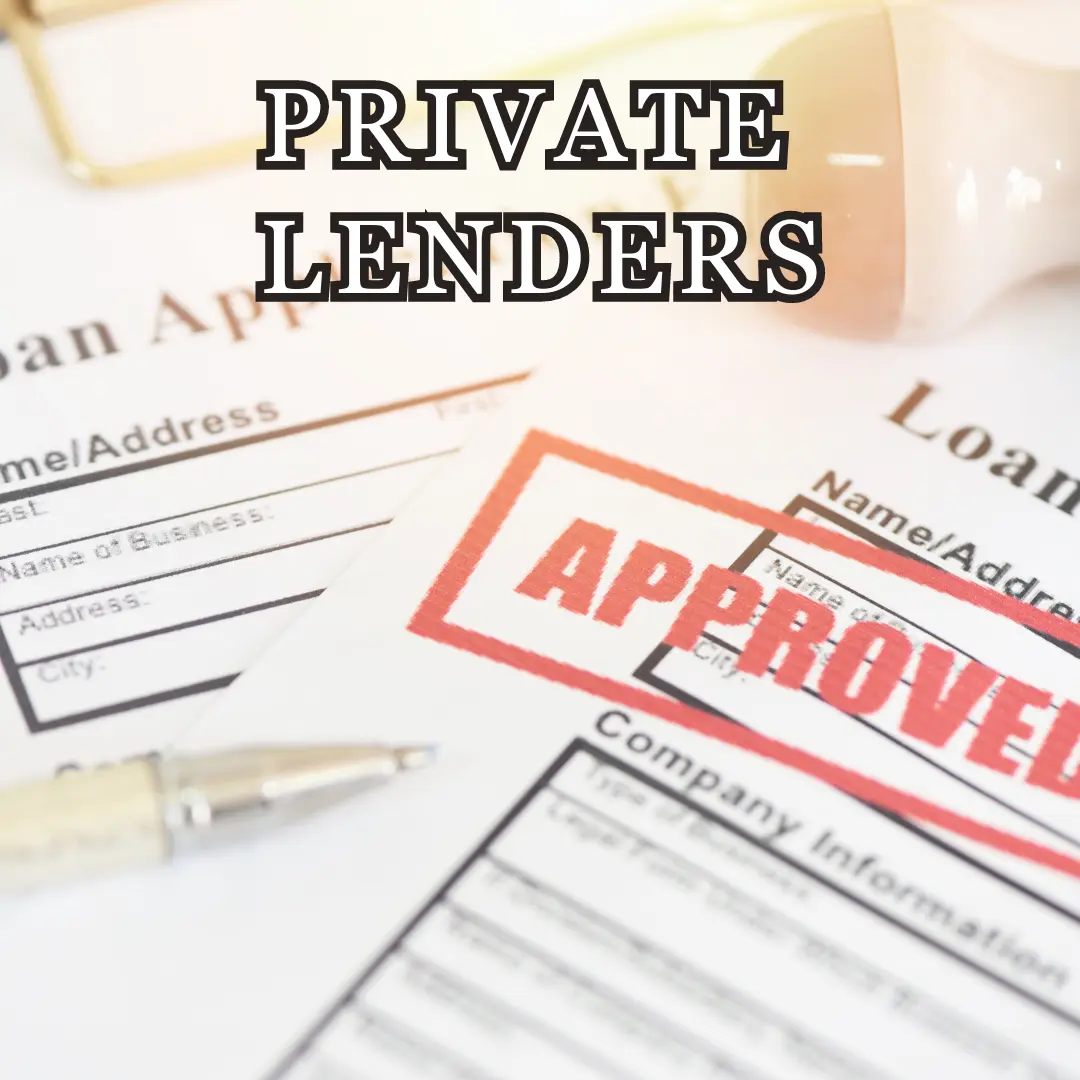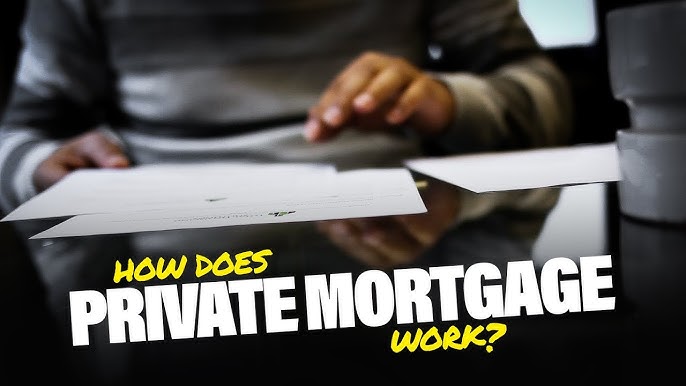Exactly how It Works: A Comprehensive Guide to Mortgage Lending for First-Time Buyers
Maneuvering the world of mortgage lending can be intimidating for first-time purchasers. Understanding the essential components like principal, passion, and down repayments is essential. Additionally, recognizing the different kinds of home loan and the application process can considerably impact one's experience. By exploring key aspects that affect rate of interest, buyers might uncover beneficial understandings. What else should they think about before making such a significant financial commitment?
Understanding Mortgage Essentials
When newbie purchasers go into the domain of homeownership, recognizing mortgage fundamentals comes to be vital for making notified decisions. A home loan is essentially a lending protected by the residential or commercial property being bought, enabling people to get a home without paying the full price upfront. Buyers need to be mindful of crucial elements, consisting of principal, rate of interest, taxes, and insurance policy, frequently summarized as PITI. The principal is the quantity borrowed, while passion is the expense of borrowing that quantity, expressed as a percentage. Taxes and insurance coverage are extra costs that can markedly impact regular monthly settlements. Buyers must also think about the lending term, generally 15 or three decades, which affects repayment quantities and total rate of interest paid. Understanding credit rating is crucial, as they affect loan qualification and rate of interest. Realizing these essential principles encourages novice buyers to navigate the mortgage landscape confidently and make options that line up with their financial objectives.
Kinds of Mortgage Loan
When considering mortgage choices, newbie purchasers often run into two main kinds: fixed-rate and variable-rate mortgages. Fixed-rate home loans supply stability with consistent settlements over the finance's term, while variable-rate mortgages can provide reduced first prices that may change over time. Comprehending these distinctions is vital for making an informed choice.
Fixed-Rate Home loans
Fixed-rate home loans supply stability and predictability for new homebuyers navigating the complexities of home financing. With a fixed-rate mortgage, the interest price continues to be continuous throughout the car loan term, normally varying from 15 to three decades. This consistent price enables customers to plan their budgets effectively, knowing that their regular monthly settlements will certainly not fluctuate. First-time customers take advantage of this framework as it gets rid of unpredictability in long-lasting economic dedications. In addition, fixed-rate home loans frequently come with lower first rates compared to adjustable-rate options, making them an attractive choice for those aiming to develop home equity gradually. On the whole, fixed-rate mortgages use an uncomplicated path to homeownership, perfect for people seeking long-term economic safety and security.
Adjustable-Rate Mortgages
For first-time property buyers seeking versatility, adjustable-rate mortgages (ARMs) can provide an appealing option to fixed-rate financings. ARMs typically supply reduced preliminary rate of interest prices, making regular monthly repayments much more cost effective in the very early years. These rates change after a first fixed period, which can lead to increased payments over time. Customers must understand the index and margin that figure out future rate adjustments. Commonly, ARMs have adjustment periods of one, three, or five years, with routine caps to limit just how much rates can boost at each modification. While ARMs can be advantageous for those planning to offer or refinance before the rate adjusts, they also carry dangers if market problems alter considerably. Comprehensive research study is vital for notified decision-making.
The Mortgage Application Process

Key Aspects Influencing Rate Of Interest

Down Settlements and Closing Costs
Recognizing deposits and shutting prices is vital for first-time buyers, as these expenditures considerably affect the overall price of a home loan. A down repayment is the first quantity paid in the direction of the home's purchase rate, normally revealed as a percentage. It can range from as reduced as 3% to 20% or even more, depending upon the car loan type and lender requirements. A larger down payment can minimize regular monthly mortgage settlements and get rid of exclusive mortgage insurance (PMI), which secures lenders in situation of default.Closing costs, on the other hand, include numerous costs incurred throughout the home-buying procedure. These may consist of car loan source costs, assessment costs, title insurance, and attorney fees, typically completing 2% to 5% of the home's acquisition rate. New customers must allocate both deposits and shutting expenses to guarantee they can protect their mortgage and effectively navigate the home-buying process.
Tips for First-Time Homebuyers
What crucial pointers can new property buyers comply with to navigate the typically difficult process of acquiring a home? Setting a practical spending plan is vital. Purchasers ought to assess their economic situation, including income, expenditures, and possible mortgage repayments. Next, getting pre-approval for a home loan can offer clearness on what one can manage and enhance their setting when making an offer.Researching communities is equally essential; purchasers should think about factors such a fantastic read as features, colleges, and future advancements. Furthermore, it is a good idea to collaborate with a qualified property agent that can offer useful insights and guidance throughout the purchasing process.Home assessments ought to not be neglected, as they can discover surprise issues that might influence long-term fulfillment. Ultimately, customers need to stay client and flexible, comprehending that finding the right home might take time. By complying with these ideas, newbie property buyers can come close to the marketplace with confidence and expertise.
Often Asked Questions
What Documents Are Needed for Mortgage Pre-Approval?
For mortgage pre-approval, individuals typically need to supply income verification, employment history, credit rating records, tax obligation returns, bank declarations, and details of any kind of financial obligations (Private Mortgage Lenders Savannah GA). These records assist lending institutions evaluate monetary their explanation capacity and figure out car loan eligibility
Can I Obtain a Mortgage With Bad Credit Scores?

Lots of loan providers think about applicants with negative credit, though terms might vary. Higher rates of interest or larger deposits can be required. Exploring choices with specialized lenders or federal government programs can likewise boost possibilities for authorization.
For how long Does the Mortgage Approval Process Take?
The mortgage approval process generally takes between 30 to 45 days. Elements affecting this timeline consist of the lending institution's performance, the debtor's financial documentation, and the complexity of the lending application. Delays might happen as a result of added requirements.
What Takes place if I Miss a Home Loan Settlement?
If a home loan settlement is missed, late costs might be incurred, and credit history can endure. Extended non-payment might bring about foreclosure procedures, prompting the lending institution to redeem the residential property after a collection of cautions.
Can I Refinance My Mortgage Later?
Refinancing a home mortgage later on is frequently possible, allowing property owners to change their car loan terms, rate of interest, or regular monthly payments. Qualification depends on debt ratings, present market conditions, and the existing mortgage's terms.